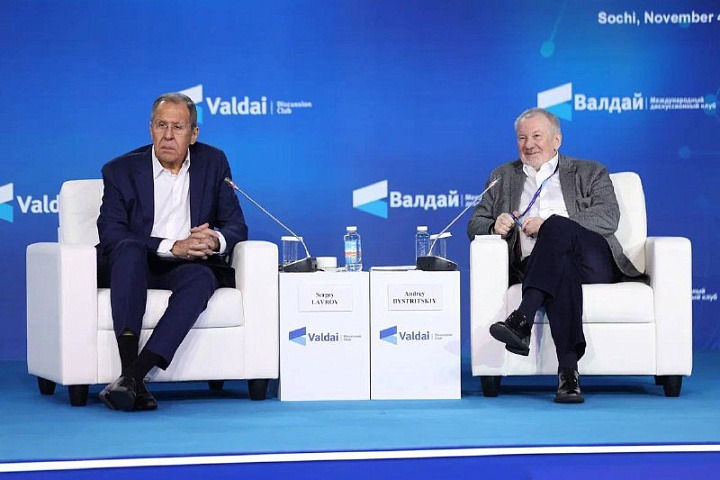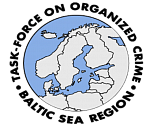Foreign Minister Sergey Lavrov’s remarks following the 21st annual session of the Valdai International Discussion Club, Sochi, November 6, 2024
President Vladimir Putin, in his address at the Russian Foreign Ministry on June 14 this year, outlined the goal of fostering cooperation among the diverse countries and associations of the Eurasian continent. This aims to harmonise their efforts towards ensuring reliable stability, security, and sustainable development.
It was underscored that this initiative is open to all countries and entities on the Eurasian continent, including its western sections, without exception. This is not in line with the rules imposed by NATO and the European Union, where Washington and Brussels dictate terms, but rather adheres to the principles spelled out in the UN Charter. These principles are observed within the EAEU, the SCO, ASEAN, and other organisations on our shared continent. It is a commitment to sovereign equality of states, mutual respect for each other's interests, and pursuit of balanced interests to implement constructive projects.
President Vladimir Putin first articulated this vision in 2016, referring to the harmonisation of operations among various structures in this space as the creation of a Greater Eurasian Partnership.
Today, we are witnessing these processes materialise swiftly and effectively, establishing a tangible foundation for a continent-wide system of Eurasian security.
I found the report prepared for today's Valdai Club meeting particularly insightful. It highlighted the mutual enrichment between our political scientists and the Russian Foreign Ministry. For two years now, this topic has been a focus within our Foreign Ministry and political science circles. We have engaged in numerous joint situational analyses and other events. The process of developing and refining the direction of Eurasian security is proving to be very productive.
This was clearly evident at the recent BRICS summit in Kazan, where President Vladimir Putin dedicated a substantial part of his statements to promoting continental partnership among all nations. The development of regional structures and interactions is not unique to Eurasia. With the West openly undermining all the principles of globalisation it once championed – such as free market, fair competition, the inviolability of property, and the presumption of innocence – everyone realises that any country could be next after Russia, Venezuela, Iran, and many others subjected to illegal sanctions.
This is why Africa and Latin America, within the African Union and the Caribbean Community, are shifting towards self-reliance. There is no intention to dismantle existing institutions like the IMF, the World Bank, or the WTO, despite the accumulated injustices. The World Majority advocates for reforms to make these structures equitable, but the West opposes this.
While efforts to reform the Bretton Woods institutions and the World Trade Organisation continue, more regional organisations in the Global South and East are contemplating alternatives that would be immune to external interference.
This includes banking settlements, payment platforms, logistics routes, and transportation arrangements and corridors.
Today, my colleagues at the Valdai Club and I reached a common conclusion: it was the West's reaction to the independent policies of Russia and other countries, leading to unlawful and aggressive economic sanctions, that fragmented the globalisation system it had crafted and propelled the regionalisation of global life.
We believe this is a corrective process. It will yield positive effects by ensuring the multipolarity that is increasingly discussed and actively championed by Russia, China, and other BRICS countries, alongside other associations with our participation on the international stage. In a multipolar world, without a single hegemon but with multiple centres of global development, operations will naturally harmonise through mutual contacts. BRICS, as a global rather than regional structure, offers an excellent platform for such harmonisation and the establishment of contacts among regional integration associations. This is our general conclusion.
The work continues, and while it is not yet complete, global processes should not be viewed as having a definitive endpoint. They are in constant evolution.
It is gratifying that the Valdai Club remains attuned to the times, providing valuable insights for contemporary politicians and diplomats.




